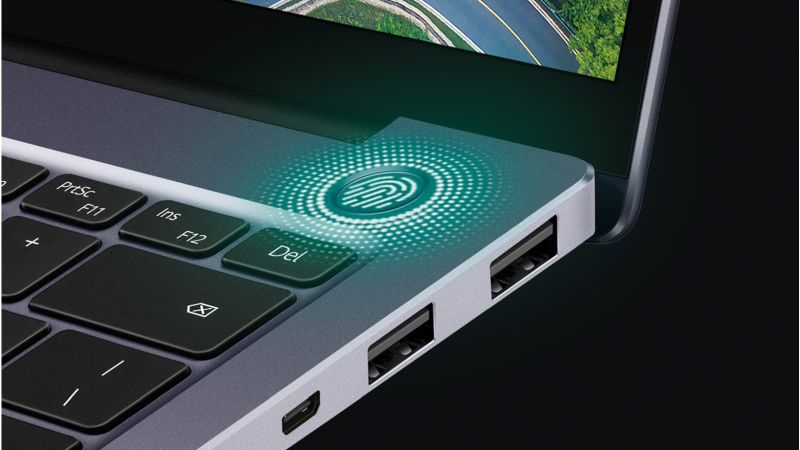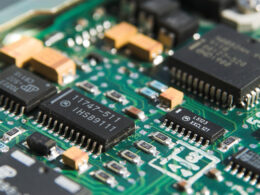By early December, Huawei Technologies, the Chinese company, was believed to have once again demonstrated its ability to access cutting-edge components despite the U.S. sanctions in effect since 2019. This week, however, Canadian experts from TechInsights revealed that the 5-nm HiSilicon Kirin 9006C chip was actually produced in Taiwan before the sanctions were implemented.
In other words, according to the conclusion of Canadian experts, explained by Bloomberg, the core processor of the Huawei Qingyun L540 laptop isn’t independently manufactured by Chinese companies but was produced using 5-nm technology in Taiwan back in 2020, when the sanctions against Huawei had not fully taken effect. Upon examining a product sample of the HiSilicon Kirin 9006C processor, TechInsights recognized the technological fingerprint of TSMC and determined that this chip was packaged around the third quarter of 2020.
This discovery doesn’t diminish the accomplishments of the Chinese company SMIC in manufacturing HiSilicon mobile processors using analogous 7-nm technology. However, it does restrain enthusiasm about the ability of Chinese manufacturers to produce 5-nm chips. It seems that Huawei was able to obtain laptop processors from TSMC in 2020 when such collaboration was still permitted by U.S. regulators, albeit in a limited form. By the time sanctions came into effect, TSMC had already supplied Huawei with a decent range of 5-nm chips, and the examined HiSilicon Kirin 9006C processor can be considered a remnant of that era.





